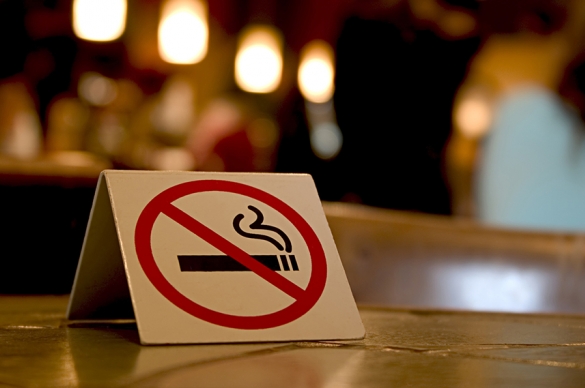No one should have to choose between their job and their health. And the science clearly shows that secondhand smoke causes cancer, even for those who have never smoked a cigarette.
We are working in local communities across the nation to make restaurants, bars, casinos and all workplaces smoke-free, protecting all workers from the dangers of secondhand smoke.

